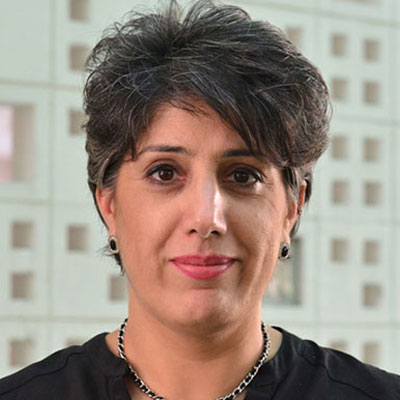Our world is changing at such a fast pace that the skills which students will need in the future are also evolving at the same rate. It is important that education prepares students to meet these challenges in the future. Creativity is a vital skill and educators need to foster and develop this in the classroom. When one mentions creativity, drama, art and music are the subjects that come to mind, however, it is not only in these subjects that students can be creative. It is a universal skill that can be developed and taught in all subject areas. It is a skill that can change the way students learn and tackle problems, and then find solutions.
Here, I will briefly explore what creativity in education is, why it is important for students, what teachers can do to develop it, and how parents can support the work done in school.
Encouraging students to think beyond the boundaries of textbooks; thinking out of the box; asking questions; exploring one’s own ideas and finding unique solutions to problems is what creativity is all about. Creativity in education will develop the ever-important critical thinking skills, nurture curiosity and give students the space to dream and imagine.
One may ask ‘Why is teaching and nurturing creativity so important for students?’

It is so because it goes a long way in developing:
- Problem Solving Skills: The ability to solve problems is important not only in academic scenarios but also in real-life contexts. Approaching complex problems from different angles and looking at situations from different perspectives to find innovative solutions is a result of creative thinking.
- Adaptability: Students who think creatively will be better prepared to face challenges in workplaces and adapt better to the changes happening in the world.
- Collaboration: Teamwork and collaboration enhance and stimulate creativity as different ideas and perspectives are brought together.
- Confidence: When students are given the opportunity to express themselves in different ways, it can enhance their sense of identity, expression and articulation.
- Love for Learning: Creative experiences encourage a love for lifelong learning, which can lead to intellectual growth.
At TBS, creativity is taught and developed right from early years. There are many approaches that our teachers use to develop creativity in students
- Encourage Questioning: Questions from students are encouraged, valued and welcomed. The curiosity for questioning develops critical thinking skills.
- Flexibility: The curriculum offers students a number of opportunities to follow their passions and explore areas that are of interest to them.
- Collaborative Work: Being a member of a team encourages collaboration and problem-solving. Working in groups brings together a range of experiences, approaches and ideas, all of which support the process of finding solutions to problems.
- Open-ended Projects: Open-ended tasks give students a chance to develop their own ideas and think out of the box, whilst challenging them to come up with their own solutions.
- Creative Arts: Focus on art, drama and music provides a fantastic opportunity for students to nurture creativity.
 Nurturing creativity is not just the responsibility of teachers. Parents can also provide opportunities to their children to help enhance what is learnt in school. They can support their children by:
Nurturing creativity is not just the responsibility of teachers. Parents can also provide opportunities to their children to help enhance what is learnt in school. They can support their children by:
- Encouraging Questioning: Stimulate creativity in your children by asking them open-ended questions which encourage them to think critically.
- Being a Role Model: Children look up to adults, so modelling a love for learning and sharing a hunger for curiosity will encourage them to copy you.
- Encouraging Hobbies: Hobbies and pastimes should be supported and encouraged as far as possible.
- Limiting Screen Time: Limit the amount of time your children spend on screens. Encourage them to participate in outdoor/physical activities instead.
- Reading: Encourage your children to read a wide variety of genres. This will ignite and broaden their imagination.
- Encouraging Playtime: Unstructured play is key as it fosters imagination and creativity. Let them be ‘bored’ as it gives them time to think and imagine.
In this increasingly complex and dynamic world, creativity is a vital skill for students to be able to think out of the box, adapt to change, become risk-takers, be confident communicators and become innovative problem solvers. Teachers and parents have an equal role to play in nurturing this skill and they can do so by creating an environment, where creativity is valued.
References:

